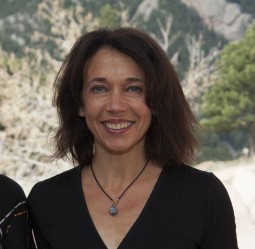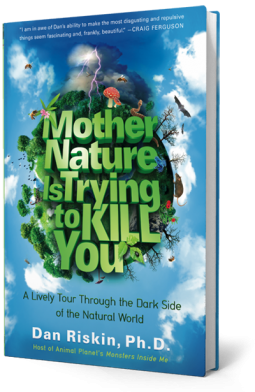 Welcome to the Spring Pledge Drive edition of How On Earth. I’m this quarter’s Executive Producer, Jim Pullen.
Welcome to the Spring Pledge Drive edition of How On Earth. I’m this quarter’s Executive Producer, Jim Pullen.
We, the How On Earth team, encourage you to take a different take on the world, to examine assumptions, ideas and evidence critically. The great philosopher of science Karl Popper, a champion of the essential role of refutation in science, wrote in The Poverty of Historicism,
For if we are uncritical, we shall always find what we want: we shall look for, and find confirmations, and we shall look away from and not see, whatever might be dangerous to our pet theories.
Consider our relationship with the rest of the natural world… Do we humans have a special vitality that sets us apart or can we be best understood as just another smart ape? It’s an essential question. In our feature interview, our guest scientist, bat biologist and Animal Planet host Dan Riskin, challenges us to reconsider–humorously, disgustingly, creepily, scarily–our perceptions of nature. Dan fields questions like, what’s wrong with ‘natural’ marketing? Are killer whales cuddly? Should we feel sympathy for bed bugs? Is a father’s love the same for humans as for water buffaloes? How we can acknowledge nature in its rich complexity and have a just and loving world beyond the grip of natural selection? All this and botfly on the brain.
Dan got me thinking–a good thing–and I think he’ll get you thinking too!
Your support during KGNU’s pledge drives is critical to keeping us on the air, so a huge thanks to our listener-members who pledged during the drive! If you haven’t yet joined the team, now(!) is the right time to fortify The Show That Makes You Smarter and community radio, KGNU! Pledge securely online at kgnu.org or call 303-449-4885. Pick up one of our great science book thank-you gifts, too.
Many thanks to Beth Bartel, Maeve Conran, and Joel Parker for hosting the pledge drive show! (Go here for the pledge show with the rich banter.)
Thanks again!
Jim and the How On Earth team
Listen to my interview with Dan Riskin:
Podcast: Play in new window | Download (Duration: 14:10 — 6.5MB)
Subscribe: RSS

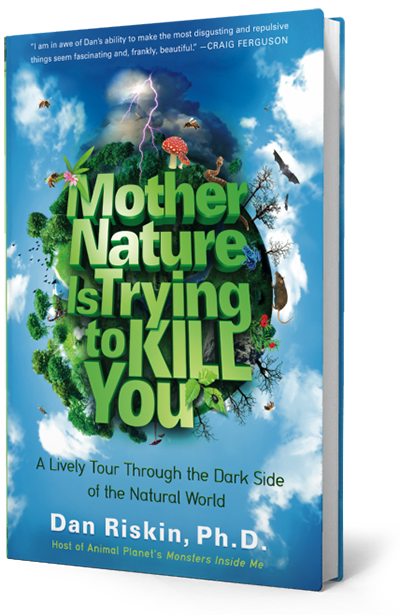


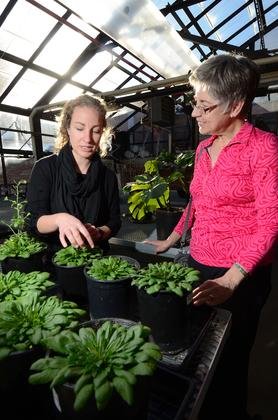


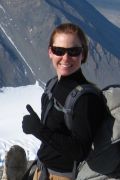

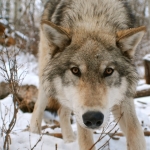 Haven for Captive Wolves (start time 14:25)
Haven for Captive Wolves (start time 14:25)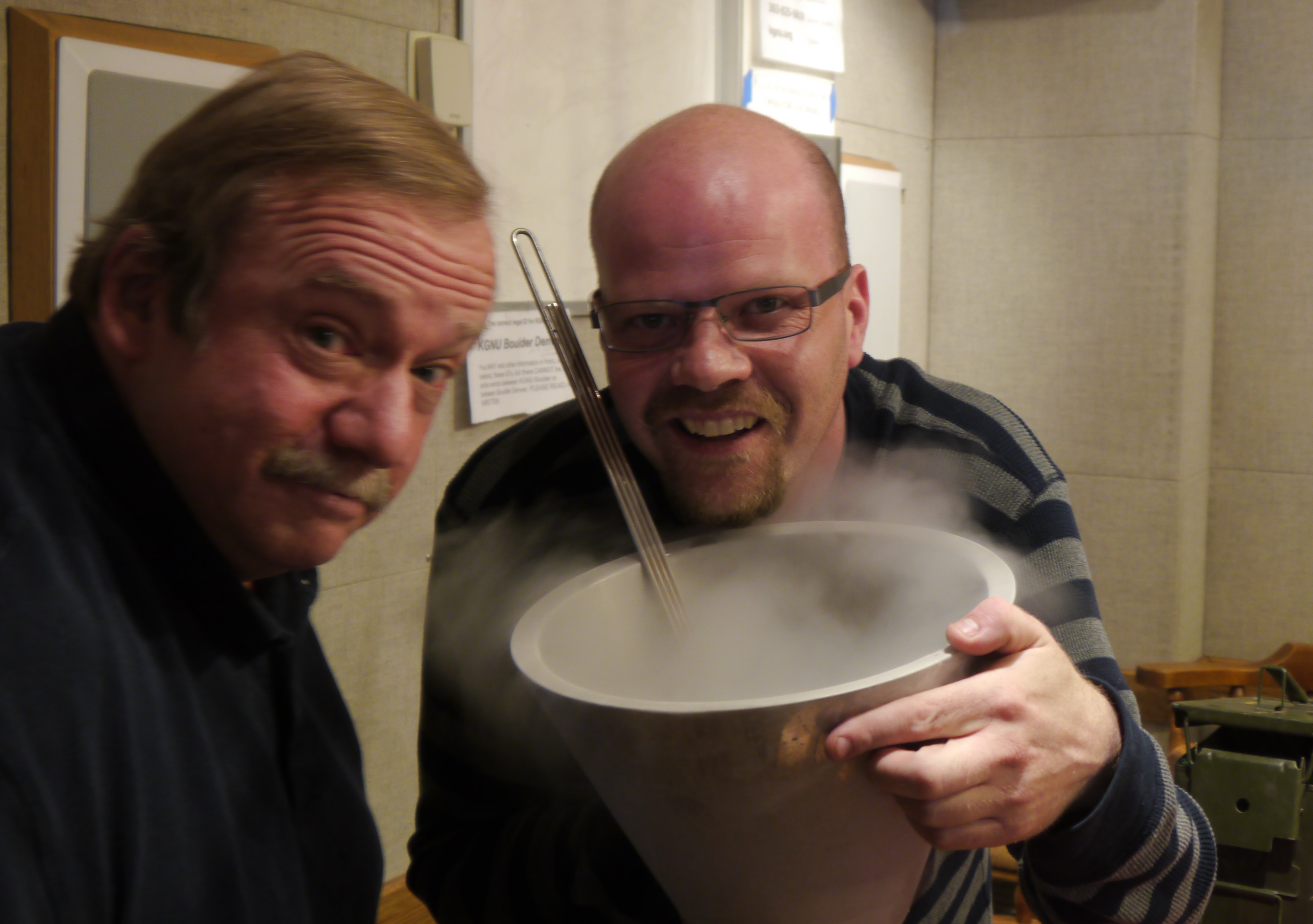
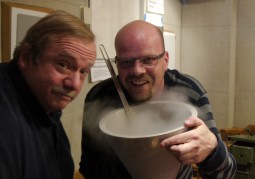 Welcome to a special
Welcome to a special 
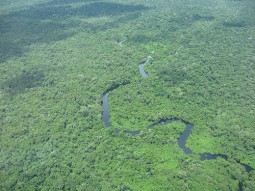 Amazon CO2 (start time 04:37) The Amazon basin contains the largest tropical rainforest on the planet. It’s been critical not only for its beauty and biodiversity but also for its ability to store more carbon dioxide than it emits. The soil and above-ground biomass of the Amazon makes it one of the largest reservoirs of carbon dioxide. And that has helped to keep climate change from accelerating even faster. But a new
Amazon CO2 (start time 04:37) The Amazon basin contains the largest tropical rainforest on the planet. It’s been critical not only for its beauty and biodiversity but also for its ability to store more carbon dioxide than it emits. The soil and above-ground biomass of the Amazon makes it one of the largest reservoirs of carbon dioxide. And that has helped to keep climate change from accelerating even faster. But a new 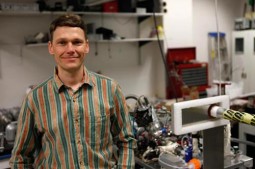 Power Plant Smokestacks (start time 14:43) To understand the global greenhouse gas budgets, it’s critical to characterize their sources and sinks. Electrical power generation accounts for about a
Power Plant Smokestacks (start time 14:43) To understand the global greenhouse gas budgets, it’s critical to characterize their sources and sinks. Electrical power generation accounts for about a 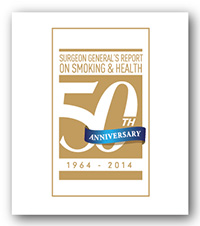
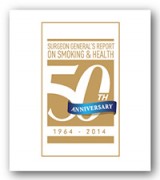 Quitting smoking (start time 4:39) 50 years ago, the U.S. Surgeon General began a
Quitting smoking (start time 4:39) 50 years ago, the U.S. Surgeon General began a 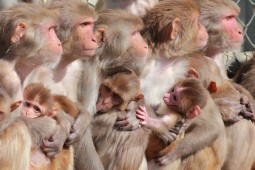
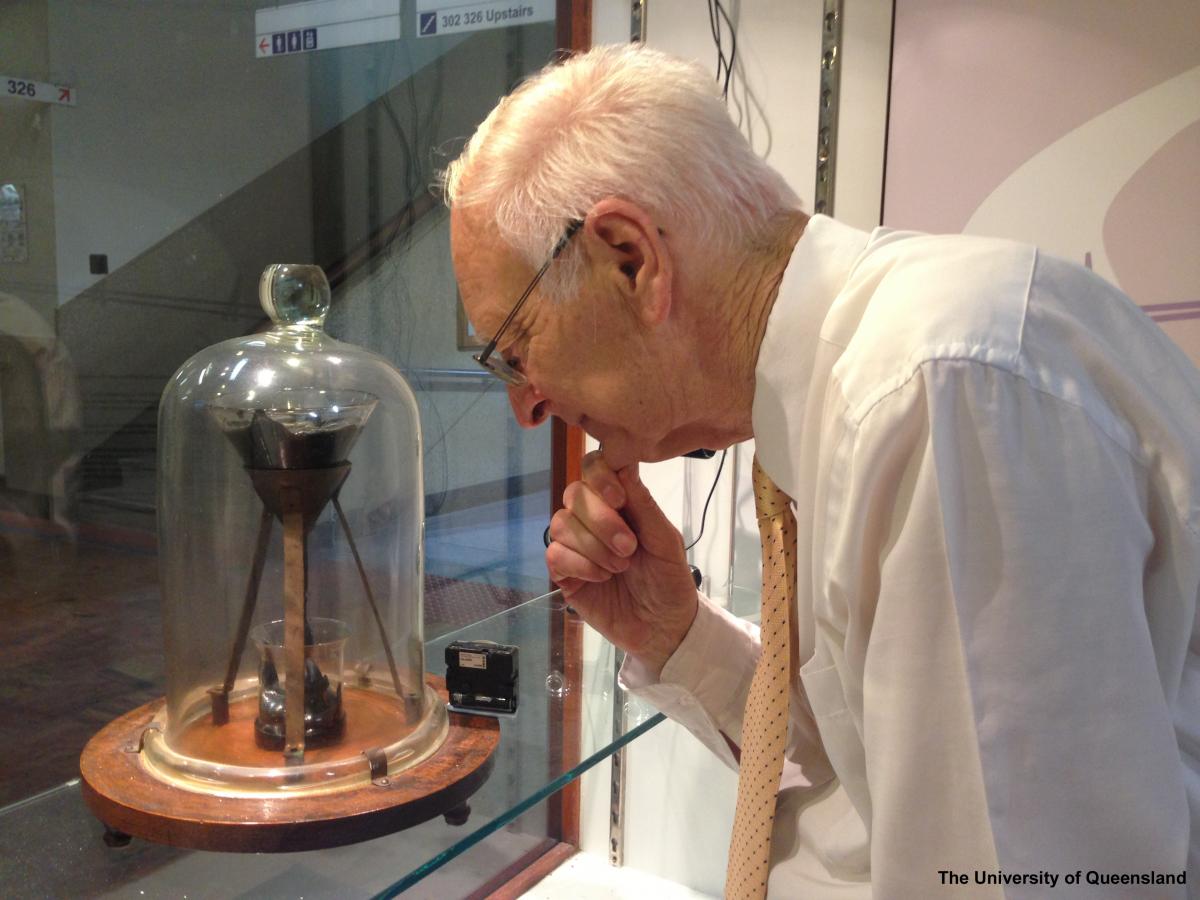
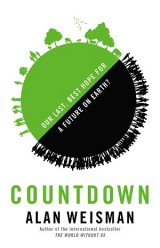 Biology and Health (start time 00:56). This year marked the passing of long-time Boulder resident, Al Bartlett. Bartlett was one of the world’s most eloquent voices calling for population control. He will be missed. One of the champions picking up the torch is New York Times bestselling author, Alan Weisman. Weisman offers exciting solutions to population growth in Countdown: Our Last, Best Hope for a Future on Earth.
Biology and Health (start time 00:56). This year marked the passing of long-time Boulder resident, Al Bartlett. Bartlett was one of the world’s most eloquent voices calling for population control. He will be missed. One of the champions picking up the torch is New York Times bestselling author, Alan Weisman. Weisman offers exciting solutions to population growth in Countdown: Our Last, Best Hope for a Future on Earth.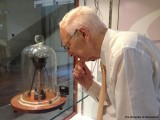
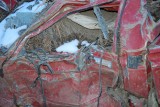
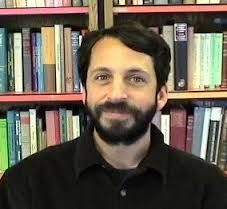

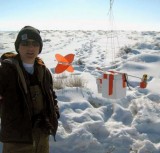

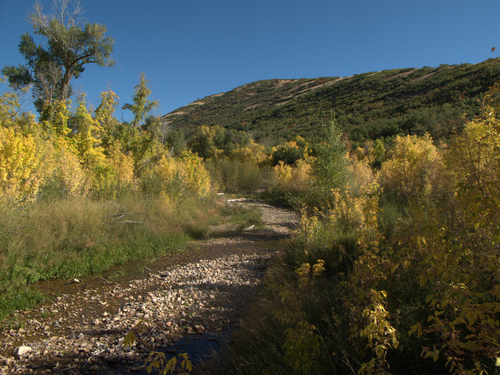
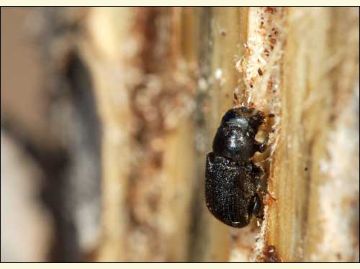


 Feature 1: (start time: 03:45) Our first guest is Boulder beekeeper Tom Theobald. He talks about the current state of the bee crisis and what, if anything, the EPA is doing to address concerns that systemic pesticides like Clothianidan are properly controlled.
Feature 1: (start time: 03:45) Our first guest is Boulder beekeeper Tom Theobald. He talks about the current state of the bee crisis and what, if anything, the EPA is doing to address concerns that systemic pesticides like Clothianidan are properly controlled.